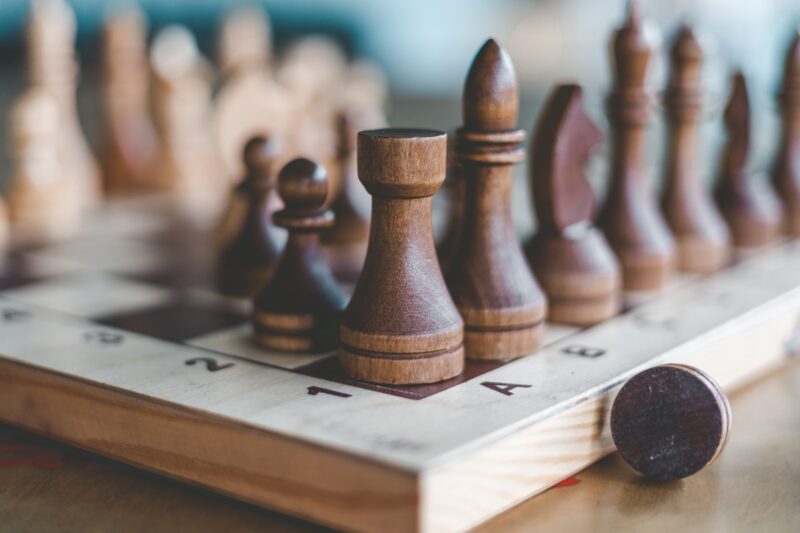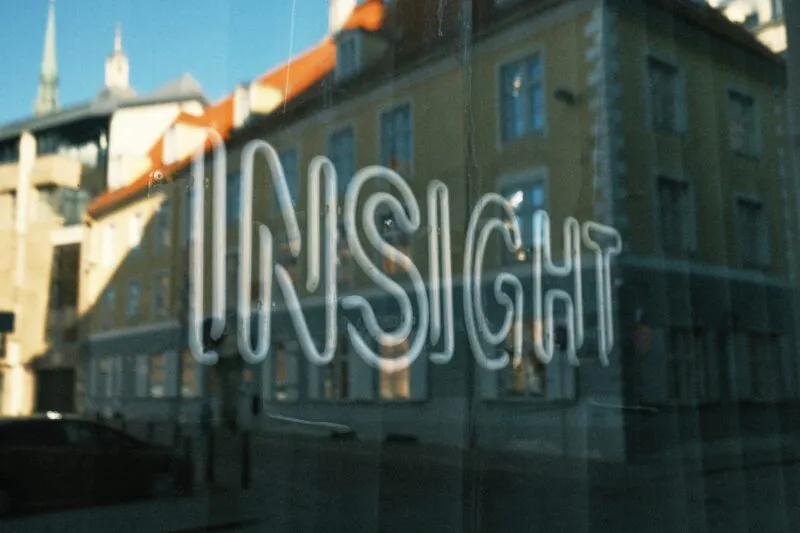The Internet is making us homogeneous
Last week, Jason wrote an article about how mainstream media is not always reflective of diversity in our communities. He noted that:
“accessing the diversity of our community, cultural and otherwise, is further complicated by media fragmentation, streaming stations, YouTube channels and an ability to tailor and ignore media according to an individual’s personal tastes, preferences and interests.”
But who is doing the tailoring?
Digital media is not only curated by the user, but also by platform algorithms. It is well known that platforms like Facebook and Spotify highlight content that the algorithm finds valuable, not what is valued by users. The past few years’ of rampant misinformation has illustrated that we cannot trust platforms or their algorithms to decide what is good for us.
We have algorithm bias to thank for industrial-chic minimalism décor that has permeated coffee shops all over the world, same-y pop songs that are never longer than 3 minutes and cult-status TV shows that fade away as quickly as they emerge. Algorithmic culture is merging global tastes like never before.
In this way, the Internet has fueled a paradigm shift in which sub-cultures can become mainstream. Online forums for specific interests attract millions of users to their communities, purely because culture is no longer bound by physical space. Wordle, the online word game, rose from 90 daily players in November 2021 to 2 million by the end of January 2022. That is roughly double the number of people who watched the 2021 Masterchef Australia finale. Of course, Wordle players are spread all over the world compared to the Masterchef Australia viewers. This is where my fascination of our digital society lies: we are inherently part of an intercultural system through the Internet (which is awesome and cool) and the goal of the algorithms that dictate this system are set on making the world more alike than different (which is less cool).
I can’t put it any better than Vox’s Kyle Chayka in 2019:
We thought the long tail of the internet would bring diversity; instead we got sameness and the perpetuation of the oldest biases, like gender discrimination. The best indicator of what gets recommended is what’s already popular, according to the investor Matthew Ball, a former head of strategy at Amazon Studios. “Netflix isn’t really trying to pick individual items from obscurity and get you to watch it,” Ball said. “The feedback mechanisms are reiterating a certain homogeneity of consumption.”
(Highly recommend clicking that link, to read a 2004 article from Wired about the advantages of the limitless scope of this internet.)
While some might see this as a cultural collapse, I think it’s just a new era. Optimistically, homogenous internet culture may begin to diverge again; we already see the rising popularity of digital niches such as Tumblr, Reddit and ‘digital campfires’. Pessimistically, metaverses will mimic a sense of intimacy and uniqueness but ultimately continue to operate within the biased and corporate-driven frameworks that already exist. As content creators, communicators and digital citizens, we have the ability – and even responsibility – to guide the way forward in our intercultural, online world. Choose wisely.
Inspired by “Can monoculture survive the algorithm?” by Kyle Chayka




